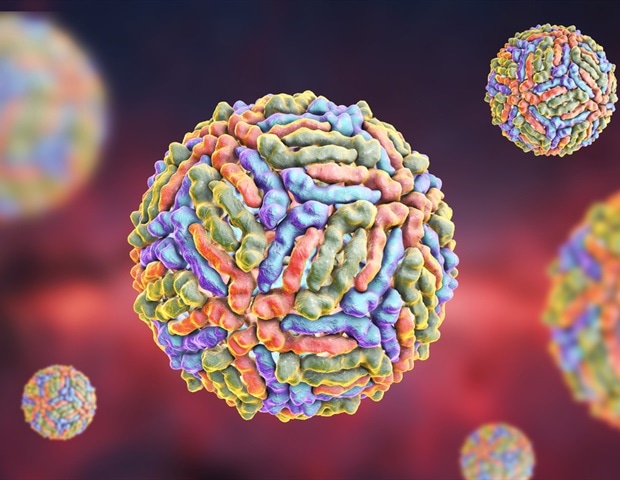
In July of this year, a Carlisle Resident was diagnosed with Powassan Disease. Exposure is presumed to have been from a tick bite. The resident recalls a tick bite in March after an outdoor activity in Acton. The resident is recovering from Encephalitis caused by the virus. So, what is Powassan virus?
Here is information from Massachusetts State Epidemiologist- Catherine M Brown, DVM MSc MPH:
“Powassan virus is a rare but serious tick-borne disease. Between 2013 and the end of 2020, we had 39 cases diagnosed in MA. Powassan virus is a close cousin of WNV (West Nile Virus) so the virus can invade the CNS (central nervous system) and cause encephalitis/meningitis. There seems to be asymptomatic infection just like we see with WNV as well. Of those 39 cases, 38 were hospitalized and 8 died. Cases are geographically scattered with Middlesex, Essex and Barnstable counties have the highest number of cases. “
Powassan Virus (POWV) was named after Powassan Ontario where it was first discovered in 1958. While POWV is considered rare, the number of cases has increased in recent years.
Statistics: There have been 181 cases of POWV in the US between 2010 and 2019 reported to the CDC.
Symptoms: Symptoms of the virus can range from mild flu-like symptoms to life-threatening Encephalitis. Symptoms usually appear one to four weeks after the bite of an infected tick. One unique aspect of Powassan – the virus can be transmitted in less than 15 minutes of attachment of the tick. (Powassan is NOT transmitted person to person.) It is important to note that many people infected with POWV through a tick bite will have no symptoms.
Treatment: Currently there is no vaccine or specific treatment for Powassan Virus. Prevention of a tick bite is the best defense against the virus. To prevent Powassan Virus, and other tick-borne diseases, follow precautions to reduce exposure to tick bites. More information on preventing tick bites :

